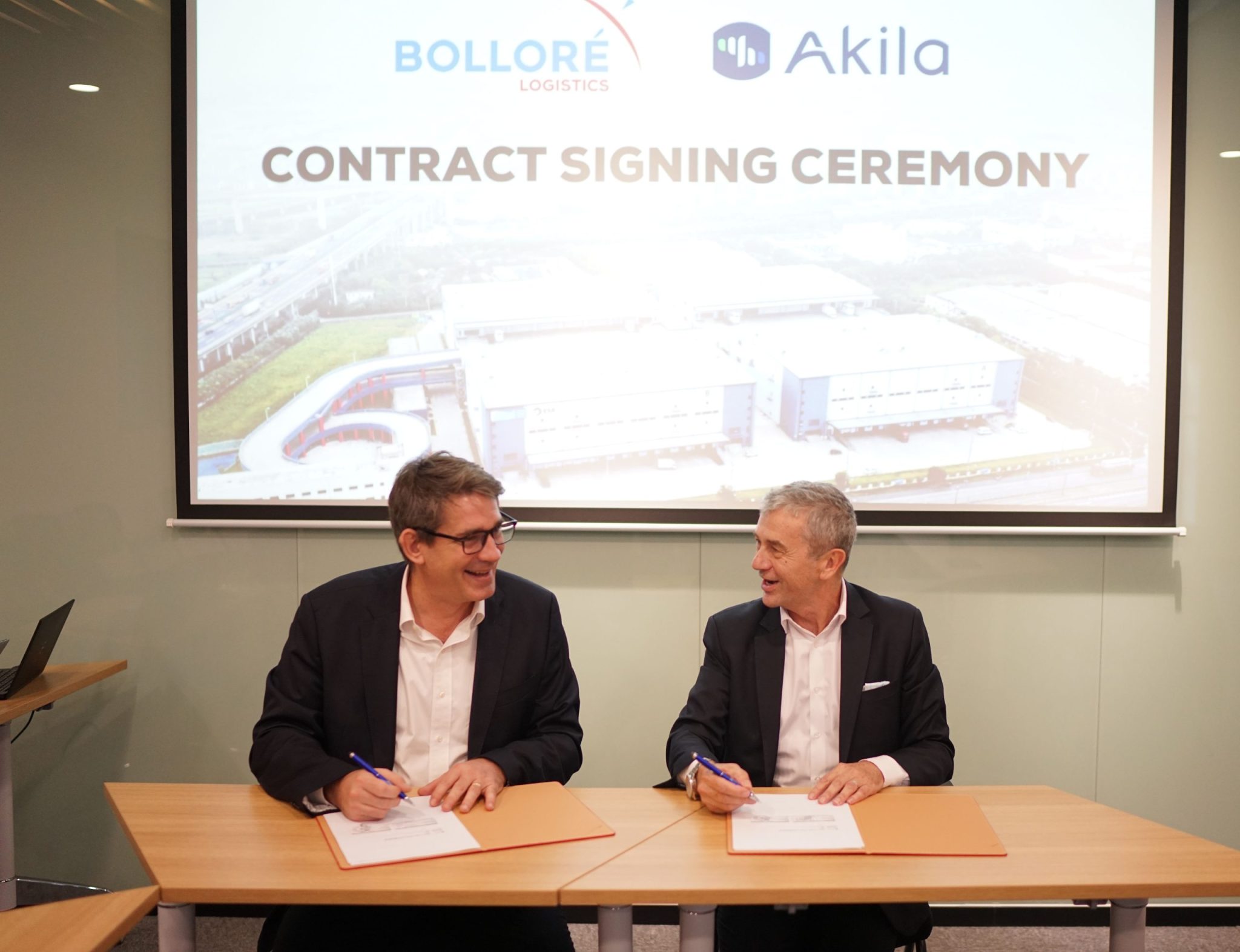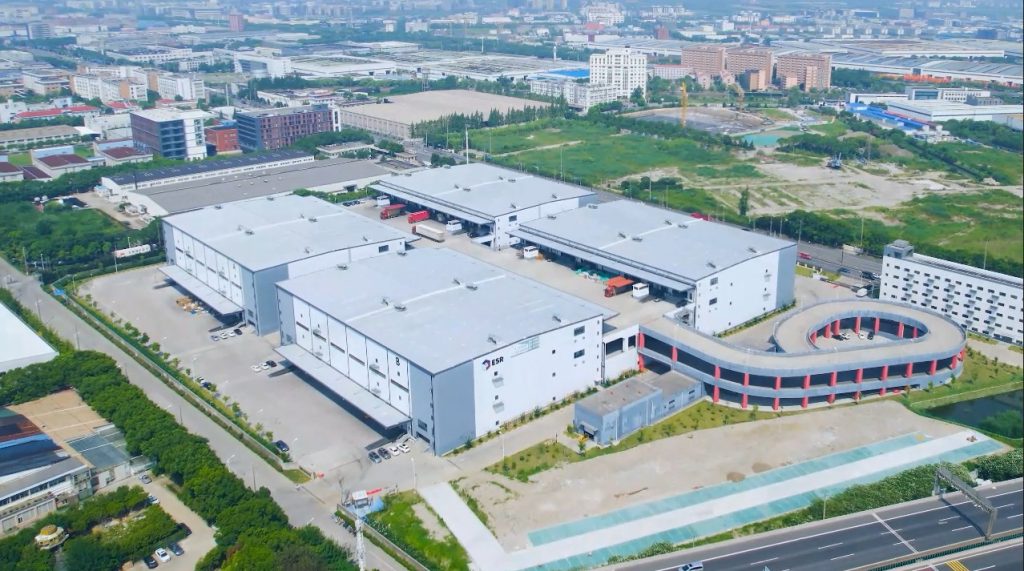
Bolloré Logistics China has signed a three-year agreement with start-up Akila to reduce its energy
consumption. The agreement is based on the provision of a digital solution that uses artificial intelligence
to improve the company’s results in terms of environmental, social and governance (ESG) issues. Akila’s
solution will be deployed in the Songjiang (Shanghai) warehouse, with an area of 18,000 m2.

In addition to optimising its energy consumption, the platform will improve air quality throughout the site
through accurate monitoring of HVAC (heating, ventilation and air-conditioning) installations. As part of
its “Powering Sustainable Logistics” CSR programme, Bolloré Logistics has set itself the target of cutting
its Scope 1 and 2 CO2 emissions by 43% by 2027. Thanks to Akila, Bolloré Logistics Greater China will
contribute to the success of this stated objective.
“As a global player in the supply chain, we want to incorporate sustainable solutions into our processes
in order to promote the decarbonisation of the logistics sector. Our partnership with Akila will enable us
to monitor our environmental impact and reduce it as much as possible,” states Frédéric Marcerou, CEO
of Bolloré Logistics Greater China.
Philippe Obry, Chief Innovation Officer and Co-founder of Akila, adds: “Akila and Bolloré Logistics are
fellow travellers pursuing the same goal in terms of sustainability for the logistics sector. The sector
needs to adapt to a more data-driven model; this is why we are committed to the success of this
partnership. Moving forward, we hope to be able to put more solutions in place with Bolloré Logistics at
their other sites throughout China.”

